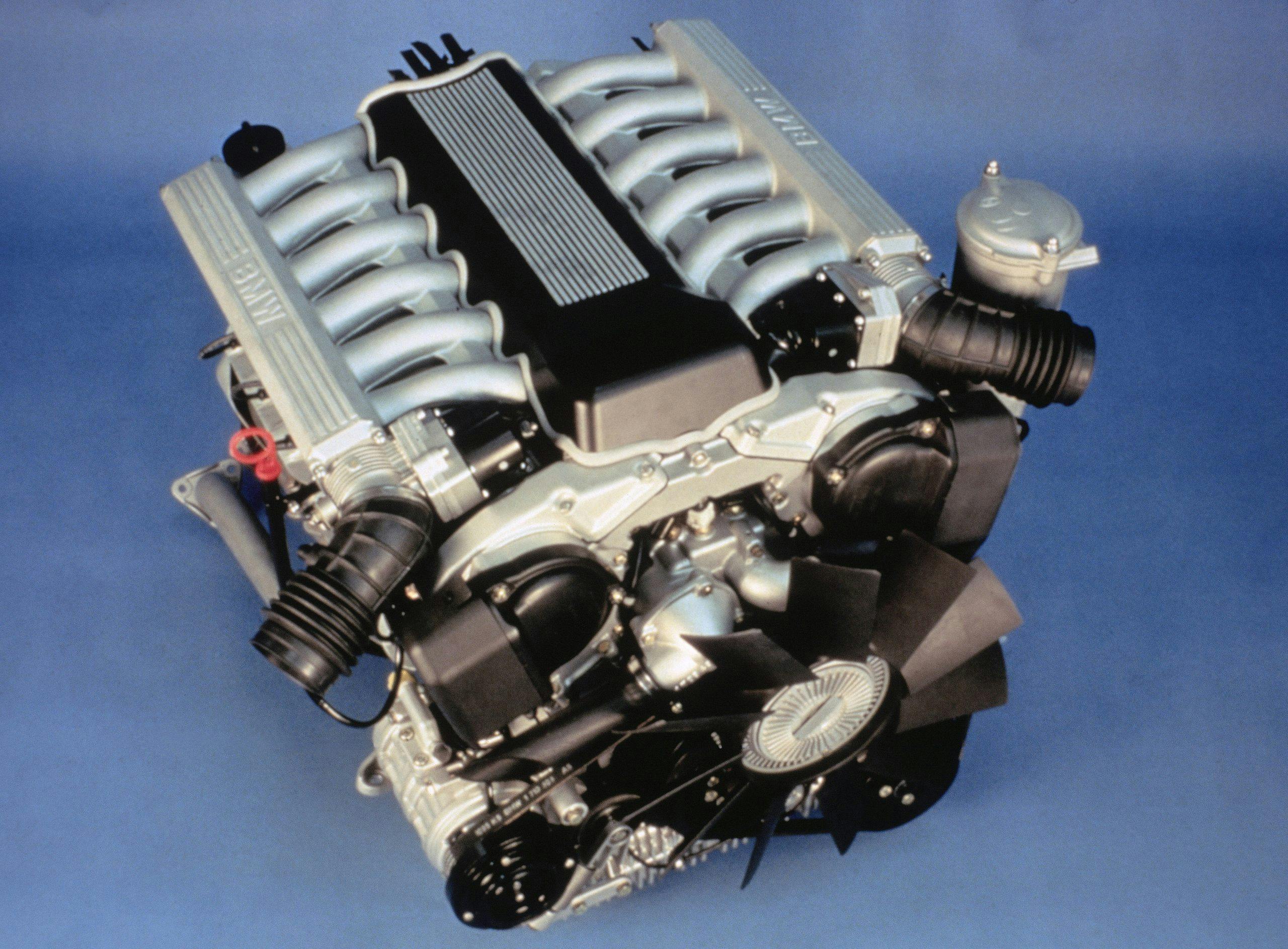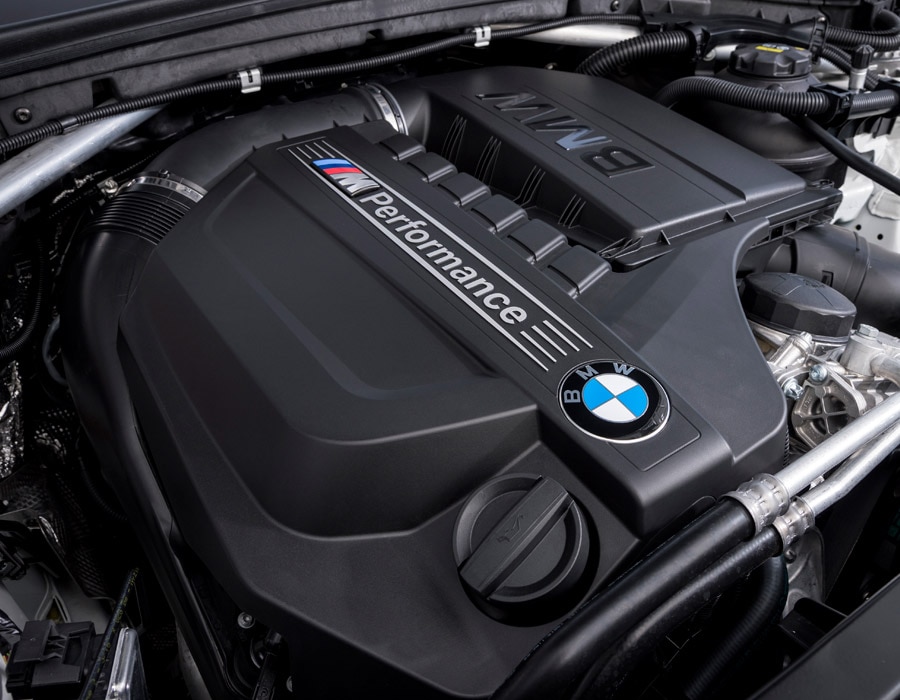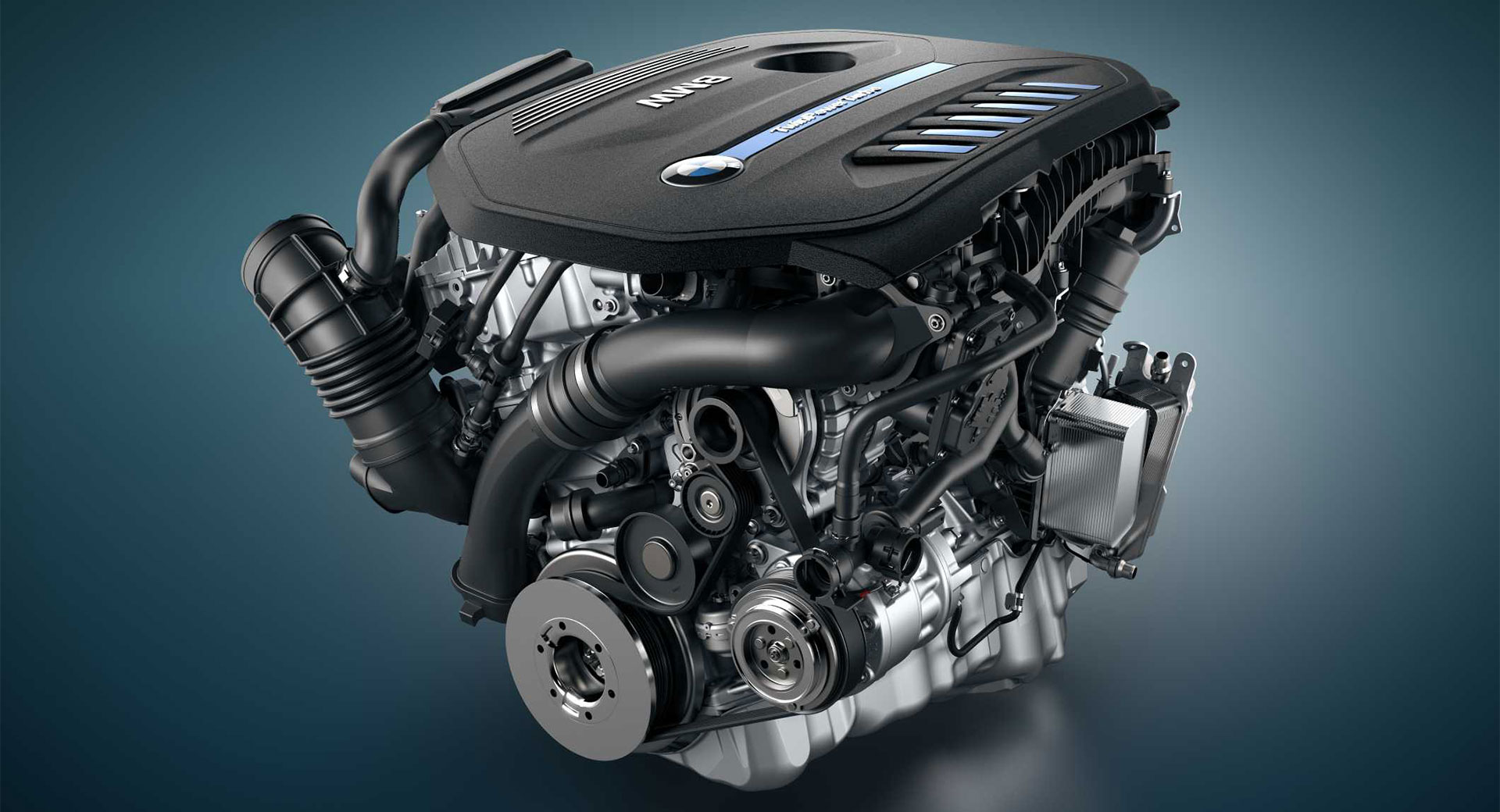Why the BMW Engine Is Taken Into Consideration Among the most effective in High-end Cars
Why the BMW Engine Is Taken Into Consideration Among the most effective in High-end Cars
Blog Article
Introducing the Intricacies of Next-Generation Power Units: a Deep Study Advanced Engine Designs and Technologies
In the world of auto engineering, the ruthless quest of performance, performance, and sustainability has pushed the development of power systems to unmatched heights. As we stand on the precipice of a brand-new age in transportation, the complexities of next-generation engine designs bid us to discover the innovative innovations and innovations that promise to redefine the driving experience. From innovative products that push the borders of resilience and weight decrease to advanced turbocharging and supercharging systems that boost power result to new levels, each component of these power units holds a key to opening the future of vehicle engineering. Diving deeper into the worlds of exhaust control, smart engine monitoring systems, and the perspective of power system development, we find ourselves on the cusp of a makeover that assures to improve the landscape of wheelchair as we understand it.
Evolution of Engine Products

The change towards progressed engine materials has likewise made it possible for designers to design engines with greater power outputs while preserving gas performance standards. The use of light-weight products reduces the overall weight of the engine, leading to improved gas economic climate and lower exhausts. Additionally, developments in materials innovation have enabled better thermal management within engines, resulting in increased reliability and long life.
Turbocharging and Supercharging Technologies
How do Turbocharging and Supercharging Technologies change engine efficiency and effectiveness in modern vehicles? Turbocharging and turbo charging are technologies that significantly boost engine efficiency by enhancing the amount of air consumption into the burning chamber. Turbocharging achieves this by making use of a wind turbine driven by exhaust gases to pressurize the consumption air, while supercharging uses a belt- or chain-driven compressor to attain the same result.
These innovations enable smaller sized, more fuel-efficient engines to create power equivalent to bigger ones, known as downsizing. Forcibly more air right into the cylinders, turbocharging and supercharging boost combustion performance, leading to raised horsepower and torque result without a significant rise in engine size. This causes better velocity, hauling capacity, and general driving efficiency.
Furthermore, supercharging and turbocharging add to improved fuel performance by allowing the use of smaller sized engines that eat less fuel under regular driving conditions - bmw engine. This combination of boosted efficiency and efficiency has made turbocharging and turbo charging integral elements of several modern engine styles
Exhaust Control and Environmental Influence
With enhancing worldwide problems concerning air high quality and ecological sustainability, the execution of emission control modern technologies in vehicles plays a crucial function in reducing dangerous toxins launched right into the ambience. Modern vehicles are equipped with sophisticated emission control systems that help minimize the environmental impact of automobile operations. Catalytic converters, for instance, are developed to convert harmful gases such as carbon monoxide, nitrogen oxides, and hydrocarbons into less hazardous substances like carbon dioxide and water vapor.
Furthermore, developments in engine innovation, such as the integration of exhaust gas recirculation systems and selective catalytic decrease, have actually significantly added to lowering emissions. These technologies function in tandem to maximize combustion efficiency and minimize the launch of dangerous toxins into the air. Additionally, the development of crossbreed and electric cars represents a crucial action in the direction of decreasing the overall ecological impact of the transportation sector.
Intelligent Engine Monitoring Solution

Moreover, these systems enable cars to fulfill strict exhausts standards without endangering performance, offering a much more ecologically pleasant driving experience. The assimilation of fabricated intelligence and maker knowing capacities in engine management systems proceeds to push the limits of what is feasible, resulting in more improvements in effectiveness, reliability, and general vehicle efficiency. bmw engine. As automotive technology advancements, smart engine management systems will play a crucial function in forming the future of transportation towards a much more effective and lasting instructions
Future Trends in Power Device Development
As intelligent engine administration systems pave the way for enhanced control and optimization in modern cars, future patterns in power unit development are poised to redefine the landscape of automotive propulsion technologies. These alternative power sources offer improved efficiency and efficiency while straightening with stringent ecological regulations.
An additional substantial trend is the combination of advanced products and making strategies. Light-weight materials such as carbon fiber and aluminum are being made use of to minimize general vehicle weight, boosting gas efficiency and efficiency. Furthermore, improvements in 3D printing and additive manufacturing are making it possible for the manufacturing of complex engine parts with higher precision and sturdiness.
Furthermore, expert system and machine understanding are playing a critical function in maximizing power system efficiency. These technologies permit for real-time tracking and flexible control, resulting in more trusted and effective power distribution. In general, future fads in power system growth are geared in the direction of performance, sustainability, and performance, driving the automobile sector towards a brand-new era of propulsion modern technologies.

Final Thought
In conclusion, the advancements in engine products, turbocharging, discharge control, and smart administration systems have led the way for next-generation power systems. These innovations have not just enhanced performance and performance however also reduced environmental effect. As technology remains to progress, future trends in power system growth are likely to concentrate on more enhancing sustainability and maximizing power output. The complex layouts and developments in modern-day engines showcase the recurring evolution of automobile modern technology.
Exploring the modern improvements in engine products has actually been essential in boosting the webpage performance and efficiency of modern engines. Over the years, the evolution of engine materials has played an important duty in pressing the borders of what engines can attain.The change towards advanced engine materials has likewise allowed designers to create engines with greater power outputs while maintaining fuel efficiency standards.The execution of smart engine monitoring systems in contemporary automobiles has transformed the way engines are controlled and optimized for efficiency and effectiveness. By gathering data in real-time and evaluating it with Read Full Report sophisticated formulas, smart engine administration systems can adapt to driving designs, ecological aspects, and engine health to make the most of power output while decreasing gas usage and emissions.
Report this page